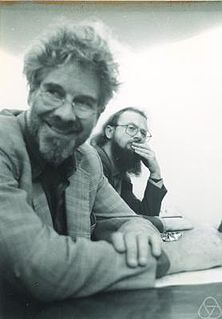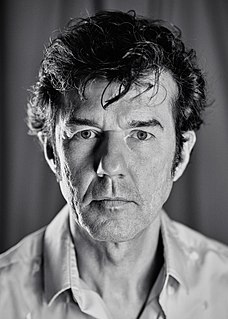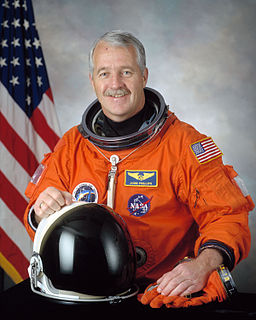A Quote by Anne McClain
Our bodies are the subject of many experiments, but these experiments on the space station sometimes take years because in order for a scientist to get 10 data points, that can take six or seven years.
Related Quotes
The scientist has to take 95 per cent of his subject on trust. He has to because he can't possibly do all the experiments, therefore he has to take on trust the experiments all his colleagues and predecessors have done. Whereas a mathematician doesn't have to take anything on trust. Any theorem that's proved, he doesn't believe it, really, until he goes through the proof himself, and therefore he knows his whole subject from scratch. He's absolutely 100 per cent certain of it. And that gives him an extraordinary conviction of certainty, and an arrogance that scientists don't have.
This is a really big space station. We do a lot of various kinds of work here, different kinds of science experiments; we have over 400 different experiments going on at any one time in different areas, from basic science research to medical technology, that hopefully will benefit more people on Earth.
I never thought that it would take me so long to do something. I thought everything was temporary and sometimes the best thing you have working in your favor is a bad sense of time. In order to sit down and write a book that takes six years you have to have a screwed up sense of time because that's too daunting. No one is going to pick up a pen and a piece of paper and say, "Okay, six years, here we go."
You like to explore things, and your parents don't like it because it gets the pots and pans dirty, and because it's noisy - but for you it's fun, you're resting. You're actually doing experiments... Just tell your parents that they're experiments, and you want to become a scientist, and then they won't stop you from doing anything you want.

































